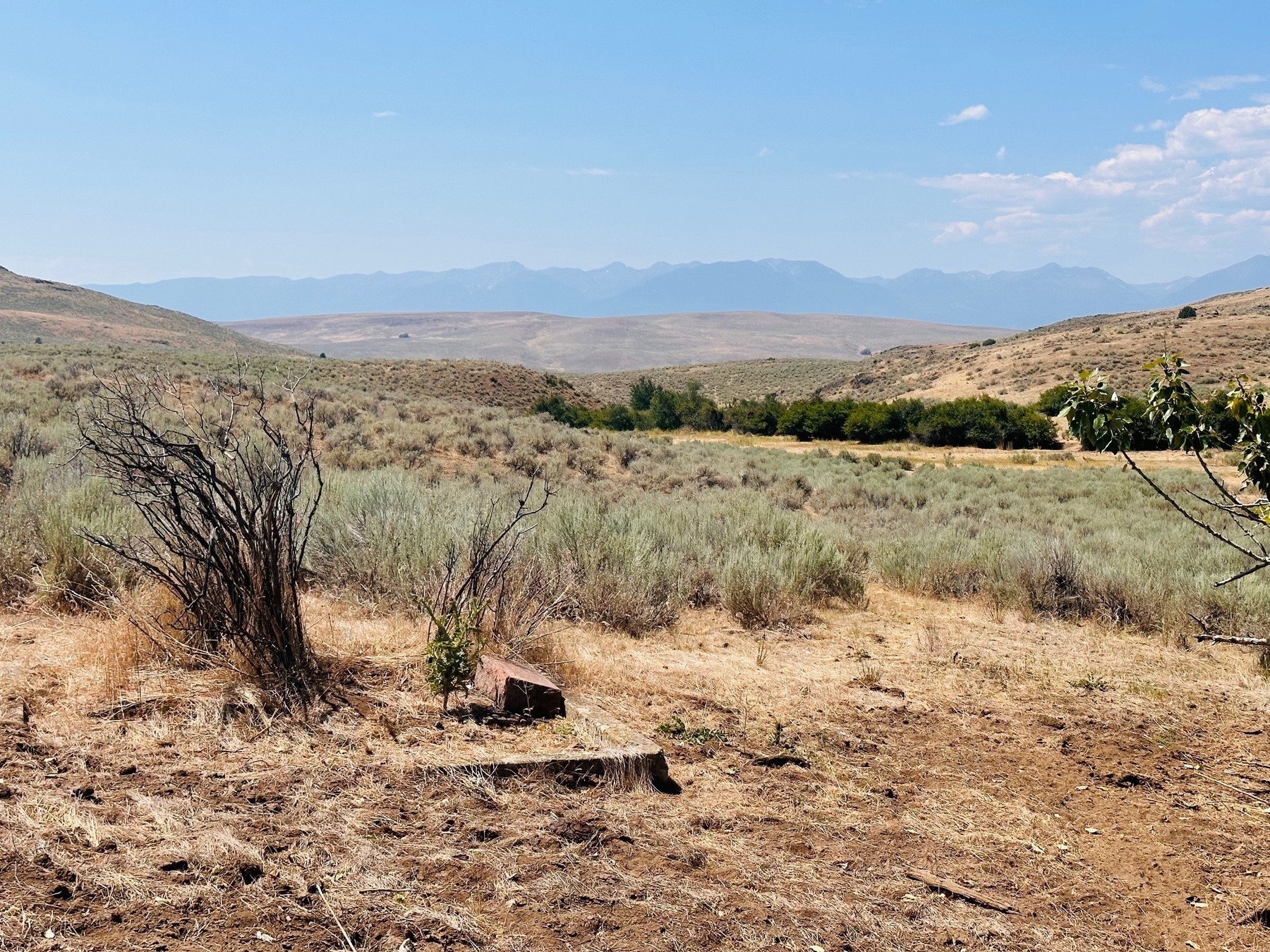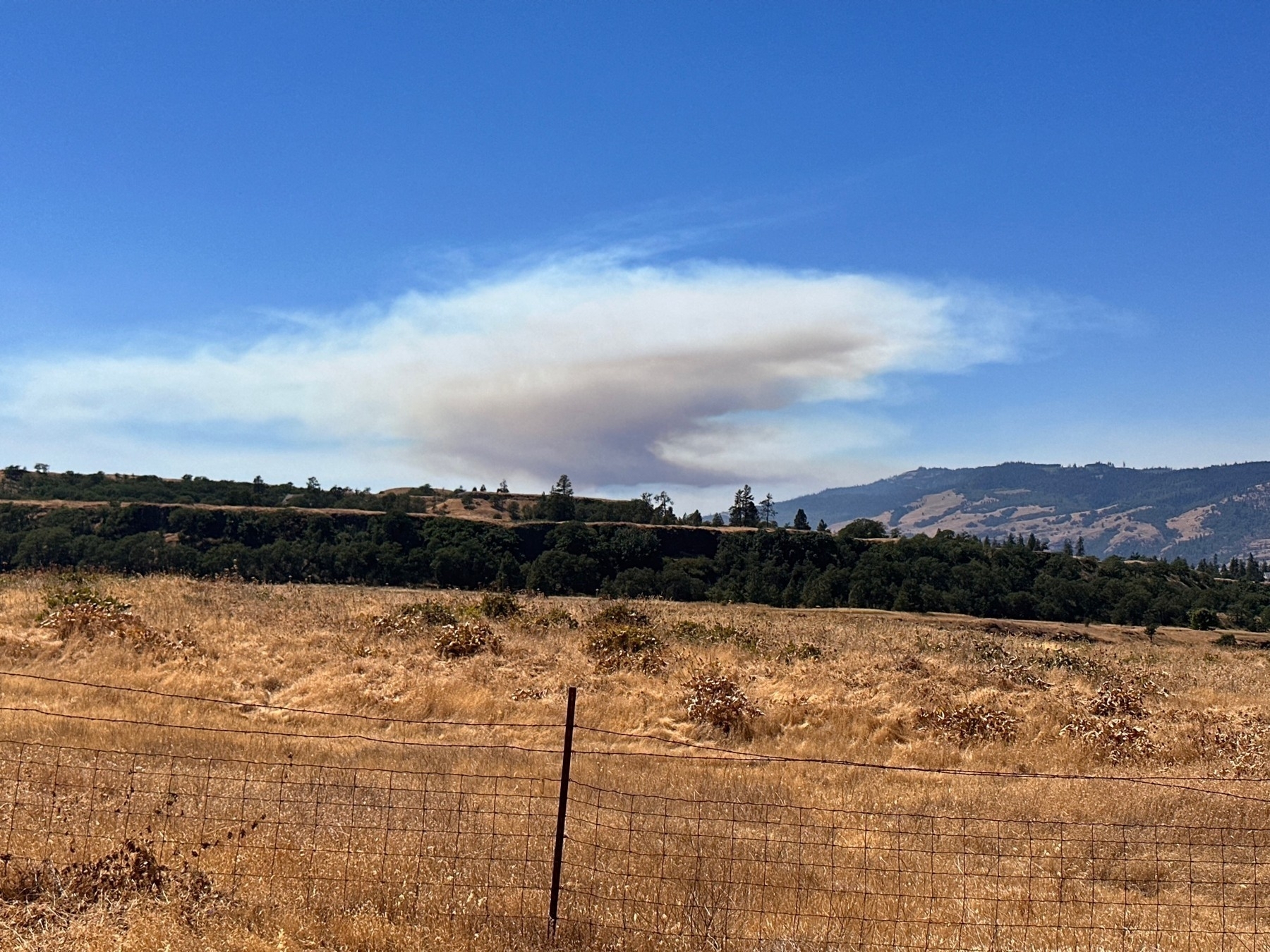This man taught me more about myself than anyone besides my parents.
Damn it. There’s not a day that goes by when I don’t miss him.
(Open this on a mobile device, not a laptop or desktop.)
Espresso Coffee Mitigates the Aggregation and Condensation of Alzheimer′s Associated Tau Protein
Sheila E. on Instagram via Kottke
I could watch this on a loop all day.
What I wouldn’t give to have a run-in with Sheila E.
Horrendous acting by some wonderful actors.
Participation Inequality: The 90–9–1 Rule
In most online communities, 90% of users are lurkers who never contribute, 9% of users contribute a little, and 1% of users account for almost all the action.
The only things you can leave behind are questions.

Kindness as a Signifier of Intelligence
I have found one thing to be universally true: the kindest person in the room is often the smartest.
The quest to capture mechanical traces of consciousness within spatiomatter presents a compelling challenge. By leveraging advanced technologies, such as mobile devices equipped with sensors, we have the potential to gather immense volumes of data from billions of participants. Through data analysis, we aim to uncover patterns, correlations, and anomalies that may reveal the influence of consciousness on the physical realm. The development of novel workflows and data processing techniques enables us to navigate this vast ocean of information, inching closer to capturing the elusive traces of consciousness within spatiomatter.
I’ve said it before and I’ll say it again, cribbing liberally from my favorite comedian: free will is a cognitive distortion made to compartmentalize chaos.
As we traverse this fascinating territory, we inch closer to unraveling the fundamental nature of consciousness, empowering us to forge new paths in resource management, decision-making, and the pursuit of a more harmonious and prosperous future.
“Harmonious” and “prosperous” are doing a lot of work in that sentence.
Overall? Fascinating.
Humans first landed on the moon 54 years ago today.
Fran Drescher: “We are all going to be in jeopardy of being replaced by machines”
Not a headline I had on my bingo card.
Anthropic’s Claude Is Competing With ChatGPT. Even Its Builders Fear AI.
One Anthropic worker told me he routinely had trouble falling asleep because he was so worried about A.I. Another predicted, between bites of his lunch, that there was a 20 percent chance that a rogue A.I. would destroy humanity within the next decade.
Anything is beautiful if you decide it is.
Lewis expects that, unless regulators cap the number of satellites in orbit, collisions will soon become a regular part of the space business. Such collisions would lead to rapid growth in the amount of space debris fragments that are completely out of control, which would lead to more and more collisions. The end point of this process might be the Kessler Syndrome, a scenario predicted in the late 1970s by former NASA physicist Donald Kessler. Depicted in the 2013 Oscar-winning movie “Gravity,” the Kessler Syndrome is an unstoppable cascade of collisions that might render parts of the orbital environment completely unusable.
Modernity is untenable.
How Samuel R. Delany Reimagined Sci-Fi, Sex, and the City
As we said our goodbyes, it felt like we’d just emerged from one of Delany’s late novels. Their pastoral pornotopias, conjured as though from the homoerotic subtext of “Huckleberry Finn,” had more of a basis in reality than I’d suspected, one hidden by the shopworn map that divides the country into poor rural traditionalists and libertine city folk. Delany hadn’t abandoned science fiction to wallow in pornography, as some contended; he’d stopped imagining faraway worlds to describe queer lives deemed unreal in this one.
Search an address to see its risk from flooding, wildfire, heat, and wind.

The Supreme Court Has Killed Affirmative Action. Mediocre Whites Can Rest Easier. via Kottke
I guess I can take some small solace in knowing that even without affirmative action, there will still be a lot of white rejects out there who will die mad.
What a line.
As I approach 40, I must remind myself that I’m glad I’m no longer young. This country — my home — seems to be tearing itself apart. If all we expect is the worst from each other, haven’t we lost the republic?
Advanced macOS Command-Line Tools
For fellow Mac nerds.
Everything Must Be Paid for Twice via Kottke
Paying a second price, unpleasant as it sounds, is a process you can acquire a taste for, and when you do, it’s exhilarating. It’s like picking your way through unmapped wilderness – the going is slow and there’s lots to trip over, but it’s new territory the whole way, and after the initial discomfort you feel very alive. Then when you come out the other side, this new territory has become part of your usual range, and you’re tougher and more interesting.